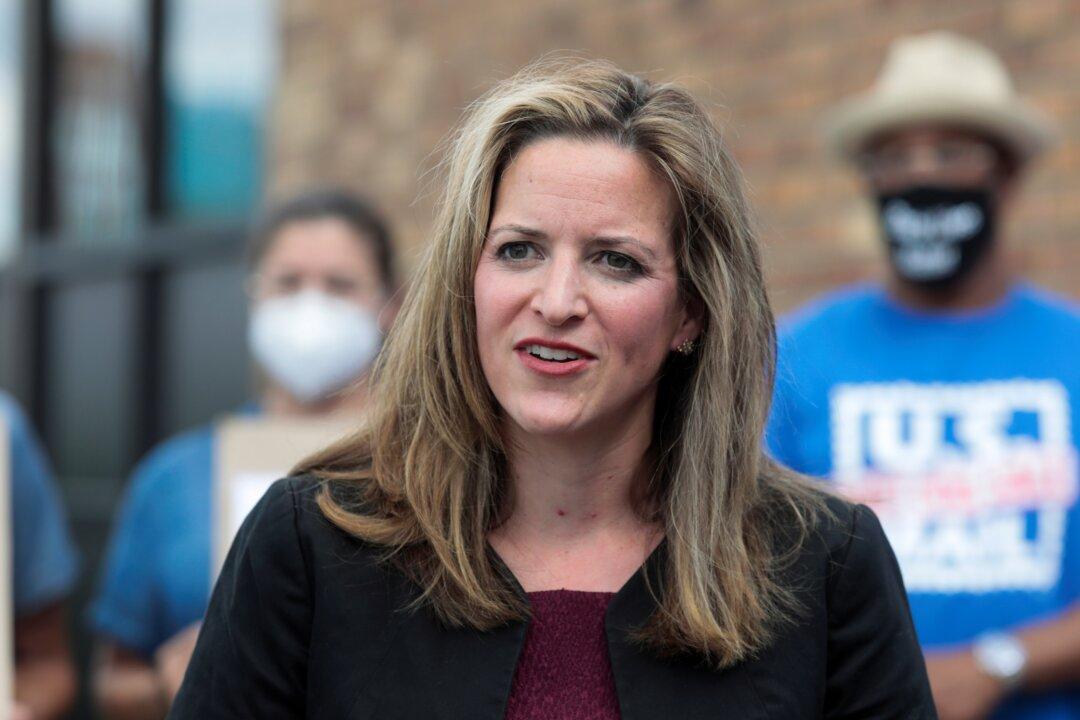Michigan Secretary of State Jocelyn Benson, a Democrat who wants communities in her state to continue accepting private funding for election administration, is trying for the third time to have a lawsuit challenging the practice thrown out.
The legal controversy arose after Facebook founder Mark Zuckerberg and his wife gave $419.5 million to left-wing activist groups during the 2020 election cycle, purportedly to ease the strain on election systems during the COVID-19 pandemic. Of these “Zuck bucks,” as some call the money, $350 million went to the Safe Elections Project of the Center for Technology and Civic Life (CTCL), which in turn used the money for grants to sympathetic groups, according to the Thomas More Society’s Amistad Project.





